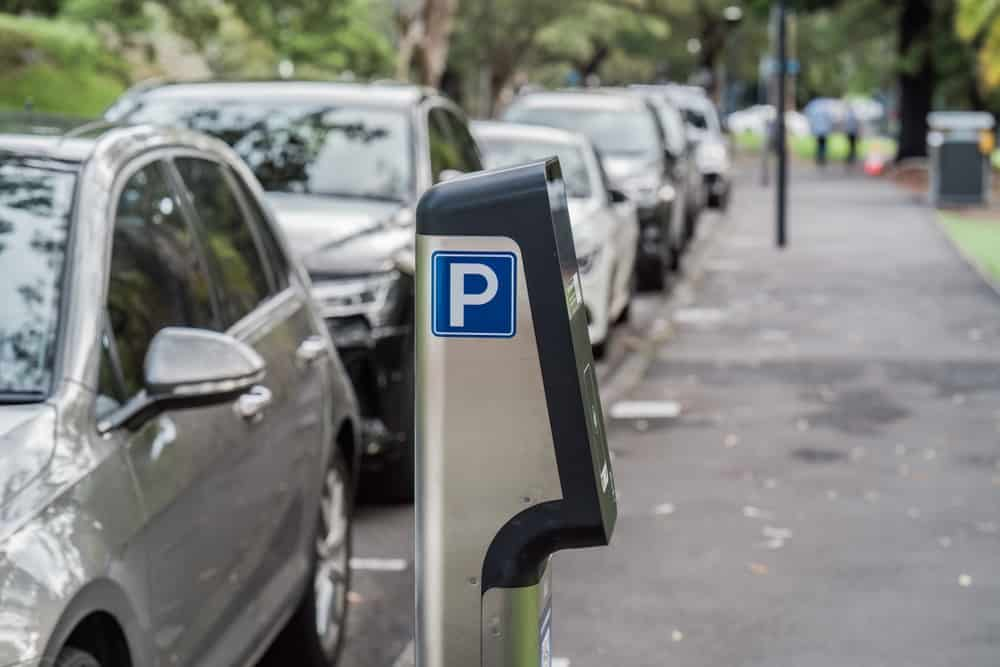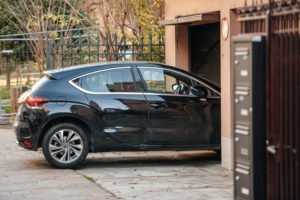Why You Should Book a Monthly Parking Space in Sydney
Posted by Zarah Mae Torrazo
Booking monthly parking can transform how you live and work in Sydney – here are 5 reasons why. Sydney consistently ranks high on many “most liveable cities” lists, and for…
Why You Should Book a Monthly Parking Space in Sydney
Posted by Zarah Mae Torrazo
Booking monthly parking can transform how you live and work in Sydney – here are 5 reasons why. Sydney consistently ranks high on many “most liveable cities” lists, and for…













